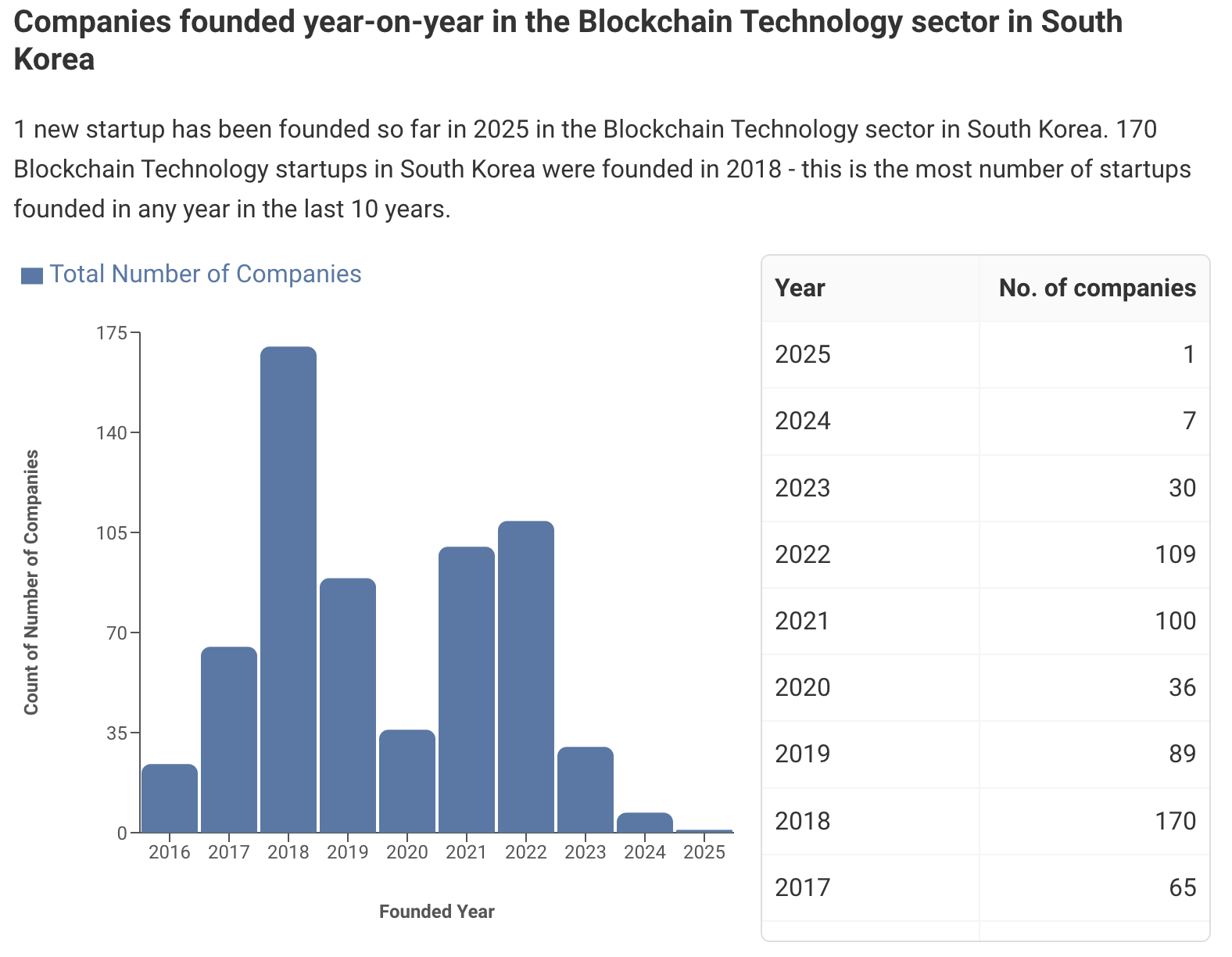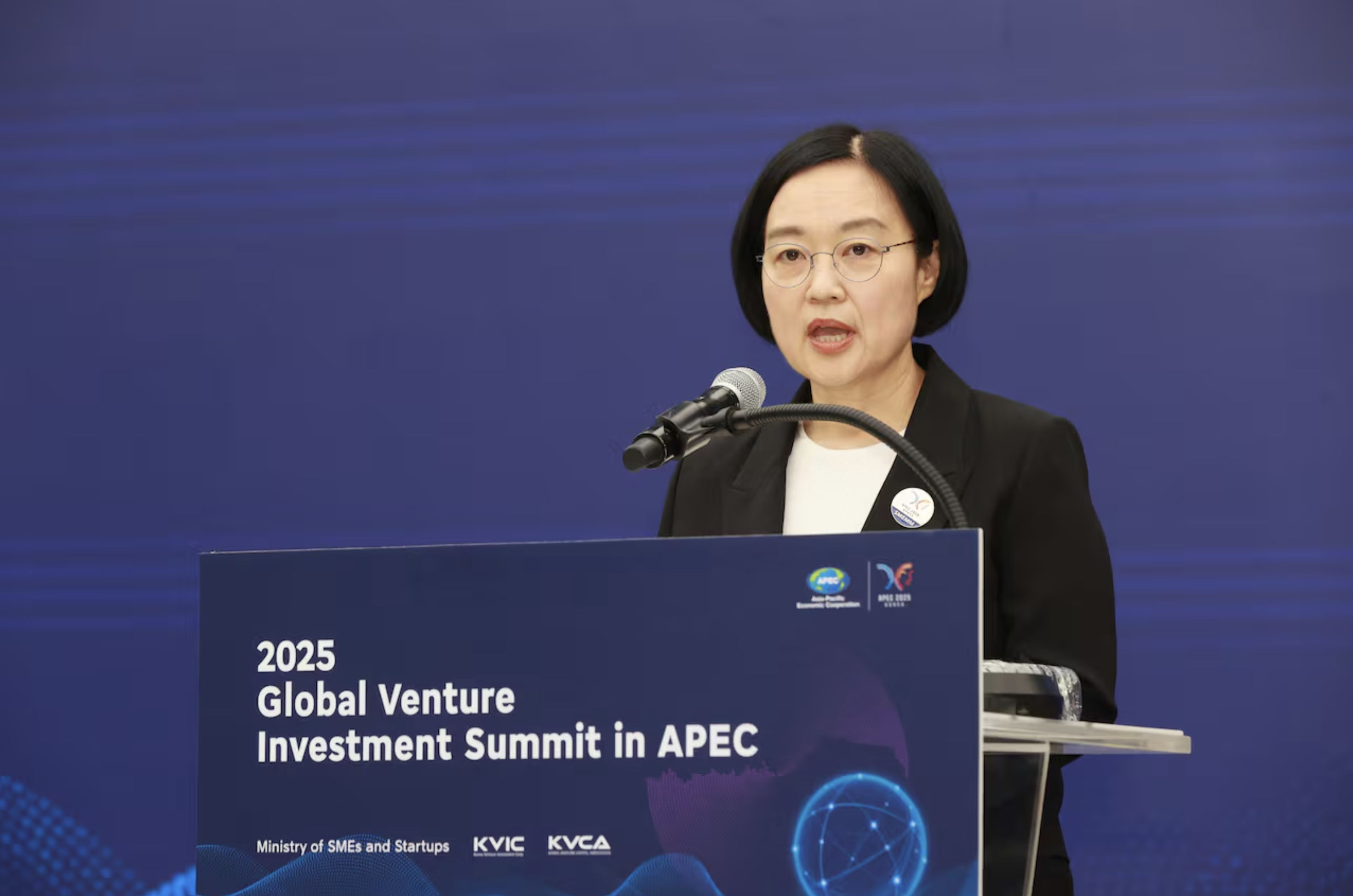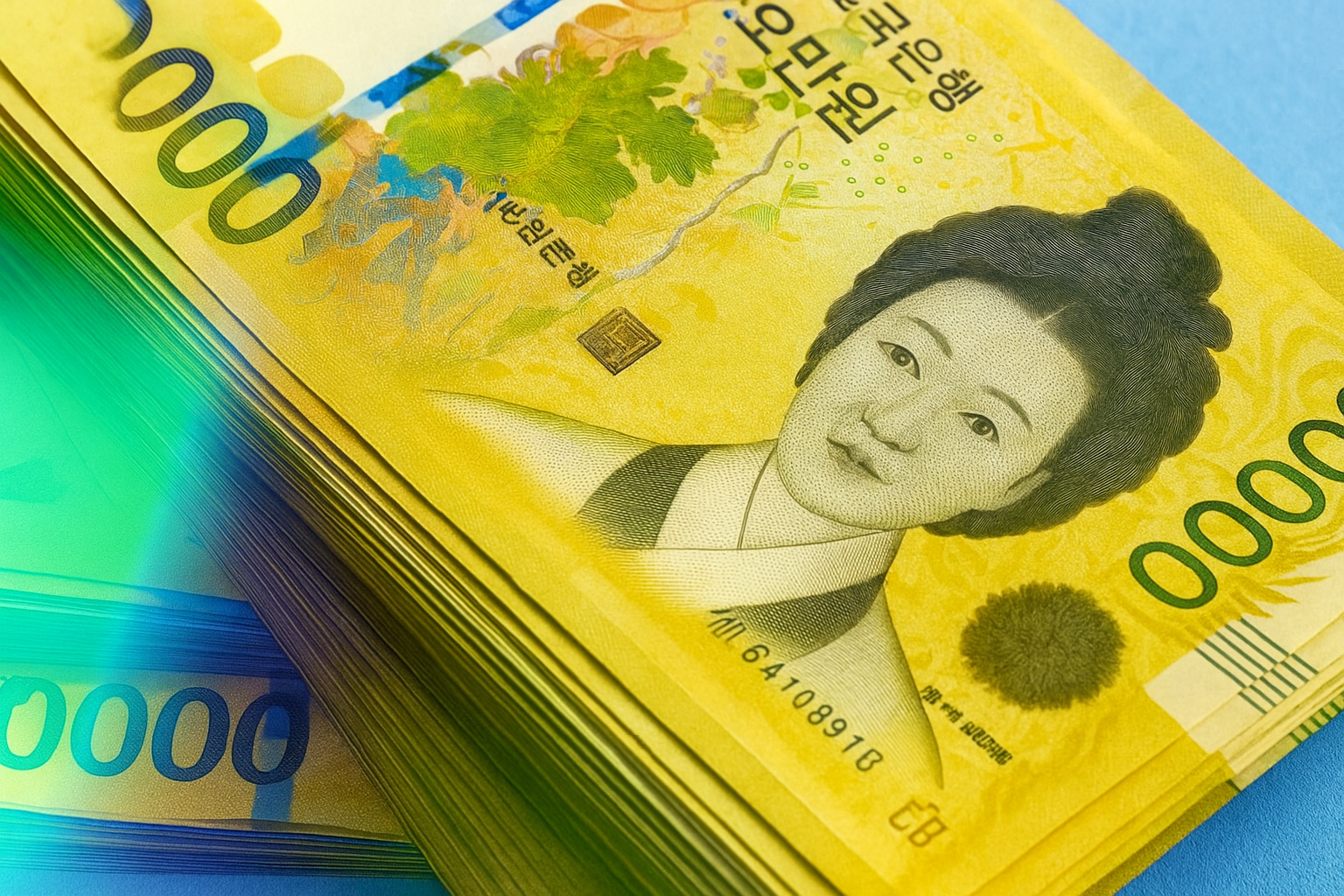
Author: Zen, PANews
After a 7-year hiatus, South Korean virtual asset companies have finally regained their "risk enterprise" status, allowing them to enjoy support such as venture capital, technology guarantees, and policy financing as technology startups and growth companies.
The opening of doors for crypto companies comes from the amendment to the "Special Act on Fostering Risk Enterprises" passed by the South Korean Ministry of SMEs and Startups and the Cabinet on September 9. This amendment removes "blockchain/virtual asset (cryptocurrency) trading and brokerage" from the list of "restricted/prohibited" industries and will officially take effect on September 16.
7-Year Restriction and the Nearly "Disappeared" South Korean Crypto Startups
In October 2018, the South Korean government, aiming to curb speculation, protect retail investors, and maintain financial stability, included virtual asset-related businesses in the "restricted/limited industry" list of the "Special Act on Fostering Risk Enterprises." Similar to the treatment of nightclubs and casinos, regulators at that time viewed cryptocurrencies as a "high-risk, unauthorized field."
The strict regulation by the South Korean government at that time had its inherent rationale. During the global ICO boom, several cases of "ICO fraud" and "fake projects" emerged in South Korea, causing thousands of retail investors to suffer losses.
For example, a company called Shinil Group launched the "Shinil Gold Coin," claiming that buyers would receive a massive amount of gold from a sunken Russian ship. Its token attracted approximately $53.7 million in investments from about 100,000 South Korean investors over more than a year. However, the company's CEO later admitted, "There is no conclusive evidence that anything of value was on the ship," leading to an ICO scam that caused over 2,600 investors to lose at least $8 million.
Similar incidents occurred frequently, with amounts involved ranging from hundreds of thousands to millions of dollars, exacerbating the negative perception of "crypto speculation" among the public and the government. This became one of the main reasons for the tightening of regulations in South Korea, marginalizing the virtual asset industry.
It is worth noting that although crypto-related startups were not completely banned at that time, being listed as a restricted industry carried a label of high risk and distrust. Additionally, due to a lack of tax incentives, loan guarantees, and policy funding support, they were at a significant disadvantage compared to industries like artificial intelligence and biomedicine.
According to data from Tracxn, as of July 23 this year, only one new startup was established in South Korea's blockchain technology sector, while in 2018, 170 blockchain technology startups were founded, marking the highest number of startups established in the past decade. Furthermore, only during the crypto bull markets of 2021 and 2022, over a hundred blockchain technology startups were established.

Number of Companies Established in South Korea's Blockchain Technology Sector Year-on-Year
Additionally, as of July 2025, South Korean blockchain technology companies raised a total of $13.3 million in four rounds of equity financing, while during the same period last year, they had raised $32.3 million in 17 rounds of financing—a year-on-year decrease of 58.82%.
Motivation for the New Policy: Improved Regulatory Framework and Digital Asset Trends
In the official announcement released by the Ministry of SMEs and Startups, it clearly stated that the newly revised "Implementation Order of the Special Act on Fostering Risk Enterprises" aims to establish a digital asset ecosystem that aligns with global trends, laying the foundation for nurturing innovative industries. At the same time, it seeks to collaborate with financial authorities to establish a transparent market order and prioritize user protection. These two points address the increasingly intense global trend of virtual assets and the necessity for regulation and investor protection in the cryptocurrency market.
The key figure behind this amendment, Minister of SMEs and Startups Han Seung-sook, believes that this regulatory reform aims to align South Korea with global digital asset trends and ensure future growth engines. She stated, "We will concentrate policy efforts to create a transparent and responsible ecosystem, allowing venture capital to flow smoothly and supporting the development of emerging industries."

Minister of SMEs and Startups Han Seung-sook
It is evident that this policy relaxation is not only due to the significant enhancement of the global status of the digital asset industry but also closely related to South Korea's increasingly mature regulatory environment. In 2021, South Korea revised the "Specific Financial Information Act," introducing a reporting system for virtual asset companies, and virtual asset service providers were subjected to AML/KYC obligations similar to those of financial institutions. The "User Protection Law for Virtual Asset Users," effective in 2024, grants financial regulatory authorities substantial supervisory, inspection, and sanctioning powers, along with a series of specific obligations to protect user assets and prevent improper transactions.
The revisions of these two key laws fill the legal and regulatory gaps in "anti-money laundering supervision" and "user protection/market order," weakening the previous policy logic of "no regulation leading to a blanket ban" and transforming it into a situation where existing regulatory capabilities are sufficient to support the industry.
Lifting the Ban: A Spring for South Korean Crypto VC?
The lifting of the restriction undoubtedly injects new vitality into South Korea's crypto industry.
Crypto startups will find it easier to obtain domestic venture capital and government support, reducing financing costs and difficulties, creating new early-stage financing opportunities in areas such as DeFi and blockchain infrastructure, and accelerating the growth of the domestic blockchain industry while expanding its overseas influence.

For South Korean crypto VC firms, they will also be able to unleash their potential, possibly deploying capital more aggressively and expanding investments in early-stage DeFi, blockchain infrastructure, and foundational projects. Notable VCs include:
Hashed, one of the most influential and publicly focused early-stage VCs on blockchain/crypto in South Korea, headquartered in Seoul with a presence in Silicon Valley, Singapore, and other locations. Hashed has long been involved in significant global and local projects (its website and investment portfolio list chains/projects like Aptos and Injective) and organizes hackathons and ecosystem-building activities in South Korea, serving as an important capital driver for the South Korean Web3 ecosystem and a model of "community-investment" integration.
Dunamu & Partners, an investment subsidiary established by Dunamu, the operator of Upbit, has a publicly available large-scale external investment portfolio, covering blockchain/FinTech and a broader range of tech startups. Since Dunamu itself is a leading exchange operator, it may provide market liquidity support for projects as a strategic investor.
Kakao Ventures, a venture capital company in the Kakao series, has long been involved in strategic investments in blockchain and payment scenarios, leveraging Kakao's traffic and Kaia ecosystem to provide traffic, underlying chains, and commercialization pathways for invested projects. For on-chain projects looking to establish themselves in South Korea, the Kakao series represents important strategic capital and ecosystem entry points.
Additionally, South Korea's financial system and large tech conglomerates are accelerating their layout in the crypto field. Investment platforms from banks and institutions like KB Investment can provide the institutional capital and channel resources needed for long-term growth of invested companies due to their financial strength, compliance, and risk control capabilities; while Samsung's strategic investment department, Samsung Next, is known for its industry-level technology and market synergy, providing technical endorsement, global resources, and ecosystem-level cooperation opportunities for blockchain infrastructure and application projects.
免责声明:本文章仅代表作者个人观点,不代表本平台的立场和观点。本文章仅供信息分享,不构成对任何人的任何投资建议。用户与作者之间的任何争议,与本平台无关。如网页中刊载的文章或图片涉及侵权,请提供相关的权利证明和身份证明发送邮件到support@aicoin.com,本平台相关工作人员将会进行核查。



